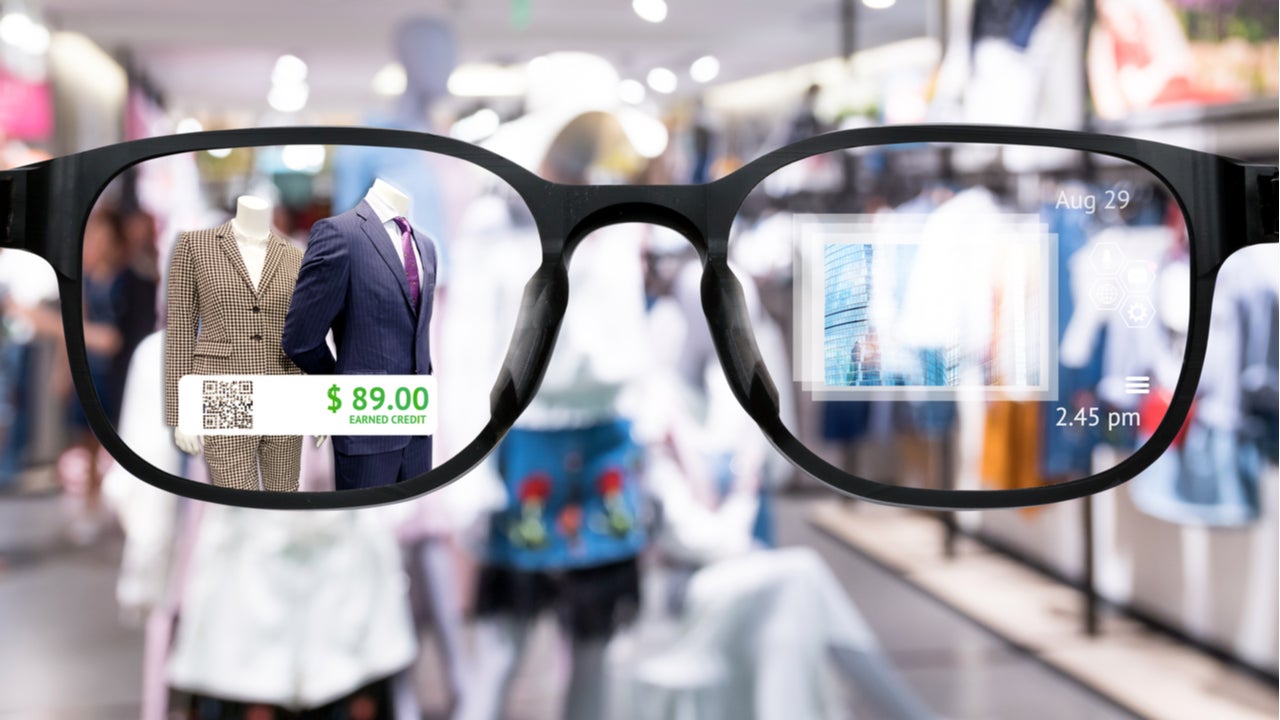Healthcare is a potentially lucrative market for wearables, particularly augmented reality (AR) smart glasses and virtual reality (VR) headsets.
These devices, which were once confined to gaming and entertainment, have moved into healthcare and other sectors, giving medical professionals access to tools that can deliver and improve patient outcomes and experiences.
Applications of smart glasses and VR headsets in healthcare
AR smart glasses and VR headsets are increasingly used to document medical procedures, monitor vitals, provide virtual training, treat vision-related diseases, provide telemedicine and remote collaboration, and diagnose patient problems.
Some key use cases include:
Training and educating medical professionals and students with smart glasses
AR smart glasses give trainee doctors the ability to use virtual simulations and receive guidance on medical procedures, while VR headsets are being used to provide training to medical professionals. Shanghai Ruijin Hospital uses the DPVR P1 VR headset to provide practical surgery training to medical students. The VR headset gives students a clear view of the layout of the surgery, the doctor’s position, blood vessels, and every other important detail, helping them gain first-hand experience.
Providing telemedicine and remote consultation
AR smart glasses can aid telemedicine and remote consultation by allowing doctors to access medical records, view patient data, and collaborate with colleagues in real-time. Doctors can also remotely examine patients using smart glasses, facilitating access to specialized care, especially for patients in remote and underserved areas.
How well do you really know your competitors?
Access the most comprehensive Company Profiles on the market, powered by GlobalData. Save hours of research. Gain competitive edge.

Thank you!
Your download email will arrive shortly
Not ready to buy yet? Download a free sample
We are confident about the unique quality of our Company Profiles. However, we want you to make the most beneficial decision for your business, so we offer a free sample that you can download by submitting the below form
By GlobalDataHelping to treat vision-related diseases
AR smart glasses and VR headsets are increasingly being used to treat vision-related diseases. For instance, Rokid and Eyedaptic launched the EYE5 smart glasses, which are used to aid patients with vision-related diseases like diabetic retinopathy and age-related macular degeneration (AMD) to improve vision. The glasses use simulated natural vision software and an embedded camera, which captures a user’s environment and enhances their functional peripheral vision by manipulating and improving pixels to redisplay images. Trials conducted using these smart glasses indicated a five-fold increase in daily activity efficiency and a visual acuity improvement.
Smart glasses assisting surgeons during procedures
Smart glasses are also being used to provide enhanced visualization and control during surgical procedures. Surgeons can view information such as anatomical overlays, imaging, and preoperative planning via the smart glasses directly in their field of view. This allows them to be even more precise and perform surgeries more efficiently. Proximie, a healthcare startup, launched its PxLens smart glasses in April 2023, allowing surgeons to see a first-person view of open surgeries and minimally invasive procedures, all while allowing participants to observe the procedures remotely.
VR pilots and therapies
Treating mental health, stress, and trauma Several specialized healthcare start-ups are working with VR to treat severe conditions like pain and mental health. Several pilots are being conducted to assist patients dealing with stress and anxiety. For instance, in July 2023, the National Health Service in Herefordshire and Worcestershire conducted a trial in which it offered VR headsets to patients who were about to undergo medical procedures.
The soothing and relaxing sounds, as well as the calming visuals shown to patients through the VR headsets, helped to reduce the stress and anxiety inherent in medical procedures. It also helped clinicians to attend to more patients and complete more procedures, thereby reducing waiting times. This experiment proved particularly beneficial for young children undergoing distressing medical procedures.
Meanwhile, Oxford VR offers automated, evidence-based cognitive behavioural therapy using VR headsets that replicates real-world scenarios to trigger mental health symptoms. The patients then complete several graded tasks in the simulated environment while being coached on helpful responses. Similar VR techniques are used to treat addiction, stress, and trauma.







